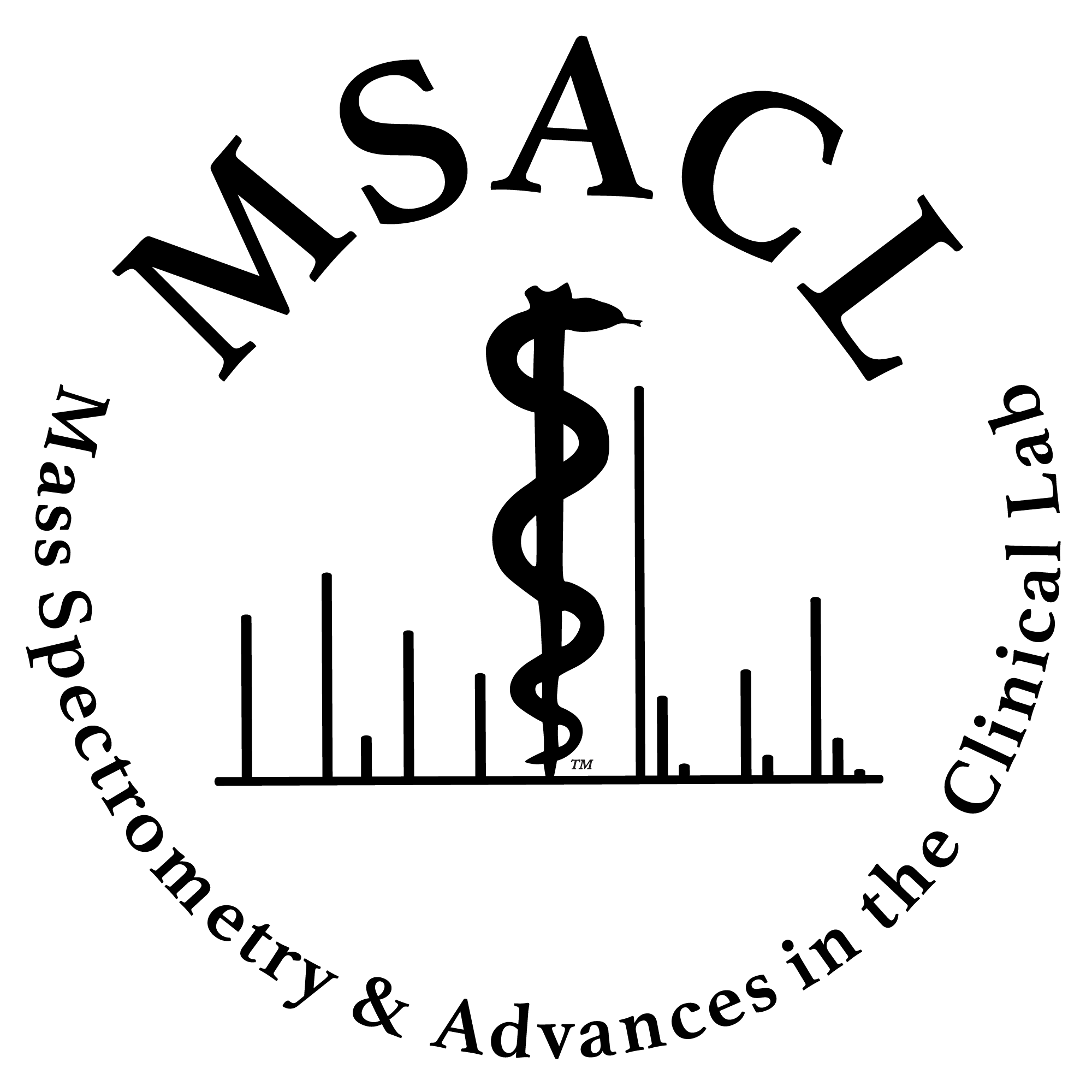MSACL 2024 Abstract
Self-Classified Topic Area(s): Imaging > Imaging > none
|
|
Podium Presentation in De Anza 1 on Wednesday at 13:50 (Chair: Peter Verhaert / Livia Eberlin)
 Desorption Ionization Mass Spectrometry for Intraoperative Cancer Diagnostics Desorption Ionization Mass Spectrometry for Intraoperative Cancer Diagnostics
Hannah M. Brown (1), Rong Chen (2), Clint M. Alfaro (2), Valentina Pirro (2), Diogo Garcia (3), Mark Jentoft (3), Erik Middlebrooks (3), Kaisorn Lee Chaichana (3), Alfredo Quinones-Hinojosa (2), R. Graham Cooks (2)
(1) Washington University in St. Louis School of Medicine, St. Louis, MO
(2) Purdue University, West Lafayette, IN
(3) Mayo Clinic Florida, Jacksonville, FL

|
Hannah Brown, PhD (Presenter) 
Washington University School of Medicine in St. Louis |
|
Presenter Bio: Hannah Brown earned her Bachelor of Arts degree in Chemistry and Political Science from St. Olaf College and her Ph.D. in Chemistry from Purdue University under the mentorship of Dr. R. Graham Cooks. Her graduate research focused on the analysis of brain tumor biopsies using intraoperative mass spectrometry (MS)-based platforms for improved glioma diagnostics based on molecular features. She is currently a clinical fellow in Clinical Chemistry at Washington University in St. Louis School of Medicine where she is continuing to find meaningful ways of applying mass spectrometry to clinically relevant challenges.
|
|
|
|
|
Abstract The development of ambient ionization mass spectrometry methods such as desorption electrospray ionization mass spectrometry (DESI-MS) opened the door to new, exciting applications to address unmet needs. One such need is in the area of brain cancer diagnostics. Despite advances in cancer biology, the extent of surgical resection remains the most important prognostic modulator in gliomas. However, the infiltrative nature of gliomas complicates total resection making it challenging to distinguish between infiltrated and non-infiltrated tissues. Conventional diagnostic methods often rely on histological analysis, which is time-consuming and may not provide immediate feedback on the extent of tumor removal or prognostic mutations. In the context of brain cancer diagnostics, DESI-MS holds immense promise by directly analyzing tissue and providing near real-time molecular information during surgery without the need for extensive sample preparation. With the capability to identify specific oncogenic molecular markers, DESI-MS could offer a more precise and rapid assessment, guiding surgeons in achieving maximal tumor resection and provide valuable information on patient prognosis. This talk aims to explore the journey of translating DESI from the laboratory to the operating room (OR) including adapting the technology to the constraints of the OR, validating its performance in two clinical studies, and exploring potential future applications of DESI-MS in the field of molecular diagnostics. At the end of the session, attendees will be informed of the technology's intraoperative potential, challenges to implementation, and the promising impact that it could have on improving the precision and efficacy of surgical resection.
|
|
Financial Disclosure
| Description | Y/N | Source |
| Grants | no | |
| Salary | no | |
| Board Member | no | |
| Stock | no | |
| Expenses | no | |
| IP Royalty | no | |
| Planning to mention or discuss specific products or technology of the company(ies) listed above: |
no |
|

